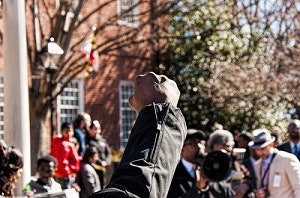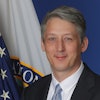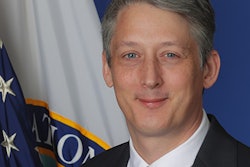A slew of racist and anti-Semitic incidents hit Syracuse University in November, prompting the advent of #NotAgainSU, a movement led by Black students protesting the university’s piecemeal response to the hate crimes. This week, a new player emerged in the conflict: the Faculty Action Collective.
The newly formed, currently anonymous group of faculty came out with a statement online unequivocally supporting #NotAgainSU and calling for a number of accountability measures and resignations of university officials. According to the statement, if the collective’s demands go unmet by March 2 at midnight, it will carry out a “series of actions” the group has organized.
“We are appalled by the administration’s breach of trust and the university’s 
This moment of faculty-student solidarity points to a larger conversation. As students confront administrators about campus climate, it poses a dilemma to their professors, particularly faculty of color: to protest or not to protest? Can professors freely support students’ social justice causes, or are there professional risks involved? How do minority faculty decide when and how to show solidarity?
These are discussions Dr. April Logan, an associate professor of English at Salisbury University, has been having with her colleagues. Like Syracuse, her campus has been repeatedly vandalized with racist messages this academic year, prompting a student “blackout” protest in November when students wore black and marched on campus.
After one of the incidents, students brought their concerns to administrators in a public meeting, including a request for mandatory diversity training for faculty. When an administrator told students that it already existed, Logan had a choice – to speak up or not. She decided to “bring complexity” to the administrator’s answer, clarifying that the training in place was more about preventing legal challenges with Title IX, not the nuances of how to handle diversity in the classroom, which is what students wanted.
It was a “difficult situation” with “a lot of anxiety,” she said, because “perhaps I’d like to become a full professor. I knew that some people might disagree with me challenging the administration publicly or might just disagree with how I present myself, how I comport myself.”














